Getting rid of Google: best replacement apps for Android users
Adiós average Android apps
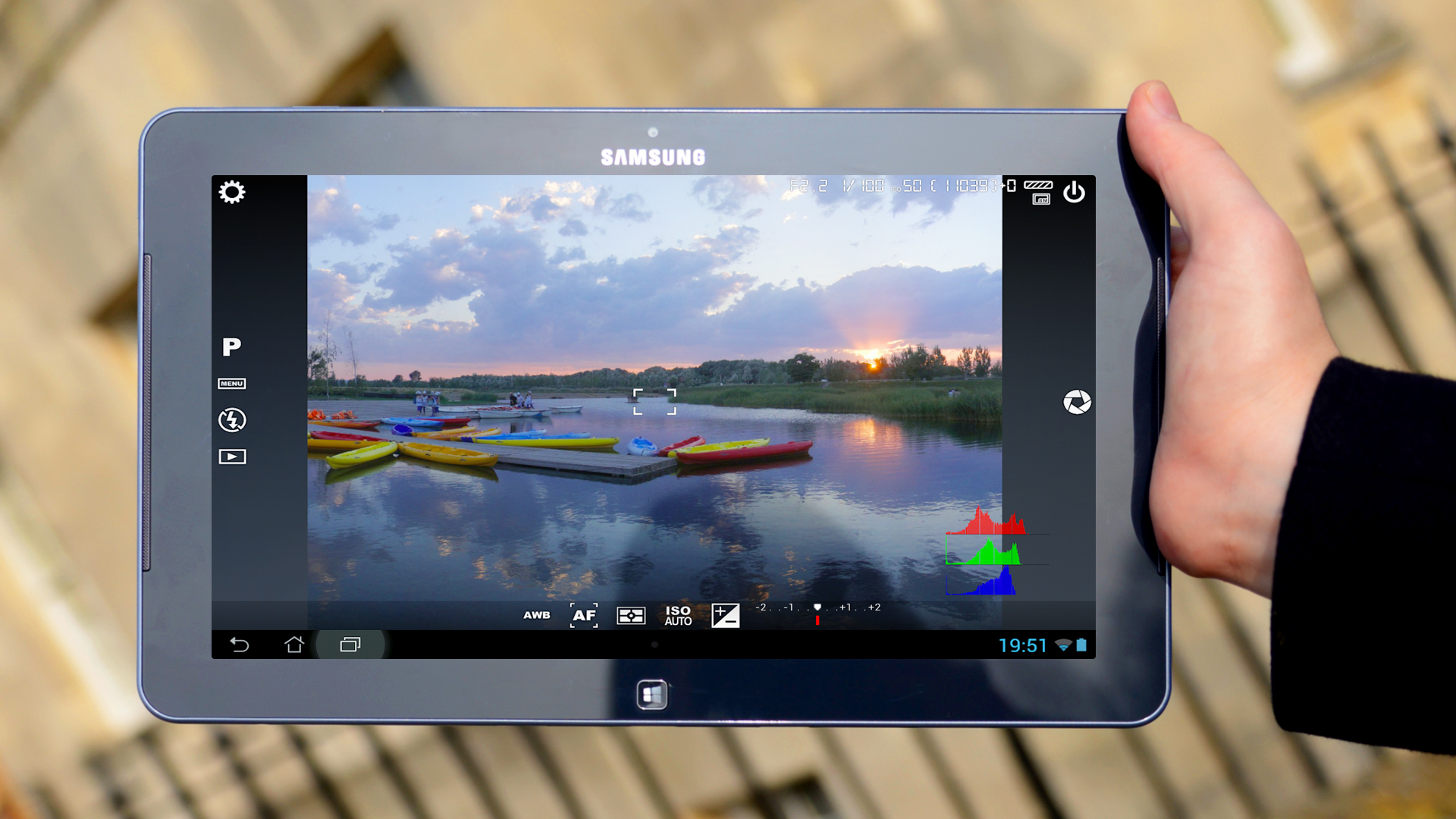
Android is an operating system built by Google but that doesn't mean that every app you use on your Android handset has to be the creation of those fine folks in California.
There's a whole world of faster, sleeker, prettier apps, that don't store all your data just waiting for a download. Here's the complete solution to purging all of Google's in-built apps.
K-9 Mail is probably the most well known alternative to Google's inbuilt Mail or Gmail apps. Although the interface can feel a little clunky on occasion (namely, every time you open the app up), the range of customisation options is comprehensive, and should let you tweak things to your heart's content. The full range of support for pretty much every mainstream email account is, of course, very welcome.
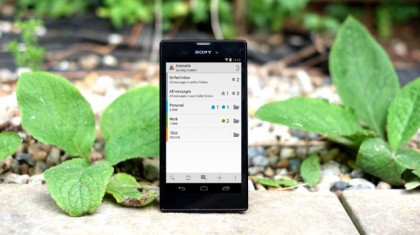
AquaMail also deserves a mention as the honourable runner-up here. It's a little easier to set up, and also has a more powerful tablet interface, if you prefer to handle your electronic mail on a bigger fondleslab. The paid version is £3.00 (US$4.95, AU$4.95) if you want to unlock all the features, however.
SMS
A texting app should, in our opinion, be the simplest thing possible – and Hello SMS is about as stripped back as it gets. It claims to be "the first tabbed texting app", and while that's not strictly true, thanks to Google's own Hangouts app, Hello does provide a pretty neat SMS experience.
The side tab lets you navigate through conversations, with good touches like adding a flag to show which country an unknown message has come from, or the initials of someone who's actually in your contacts.
Messaging is as simple as you'd like it, with threaded conversations just as you'd expect, and a full range of notification customisation options. It even offers and iMessage-style feature (currently in beta), where texts to other hello SMS users are free.
Get daily insight, inspiration and deals in your inbox
Sign up for breaking news, reviews, opinion, top tech deals, and more.
Calendar
The replacement that we have used for Google Calendar for a few years now is Agenda, which offers a radically different UI to most calendars.
While a month, week or day view is offered, it's the grid-free agenda view (showing your next 10 or so upcoming events) that is most useful. Navigating round the app is simple, once you get the hang of swiping between different views, and even adding events is fairly easy (although multiple calendars could be handled better). The only real downside is the £1.49 (US$1.99, about AU$2.20) asking price.
Clock
Google's Clock app is fairly utilitarian – which, in fairness, is all you really need to get you out of bed in the morning.
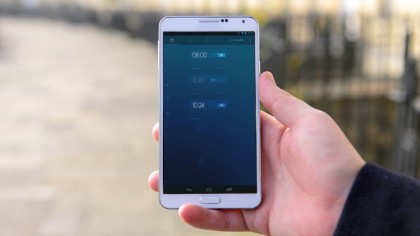
If, however, you want to wake up to a design that someone's really put the time and effort into, Timely is a good bet. The simple clock app is better designed than some cathedrals, and once you've got your head around the swipe-based navigation, it's also a fast way to set alarms. Best of all, it won't cost you a single shiny penny.
Camera
The main reason to ditch Google's in-built Camera app is the lack of fine manual controls, with The Big G favouring a simplified UI. Camera FV-5 Lite is an excellent free alternative, which puts more advanced controls (exposure, ISO, and metering modes, in particular) onto the viewfinder, as well as a histogram.
There's even more under the hood. A good exposure bracketing option can help you make good HDR images, which is often a major help given the small sensors on smartphones. The intervalometer enables timelapse photography, assuming you can bear to part with your smartphone for the duration of an entire sunrise.
Gallery
QuickPic is everything you want in a photo viewer: super-simple, fast navigation, options that get out of the way quickly when you want to full-screen a photo. It also has integration with all the major cloud services, so that you can pull all your photos into one place.
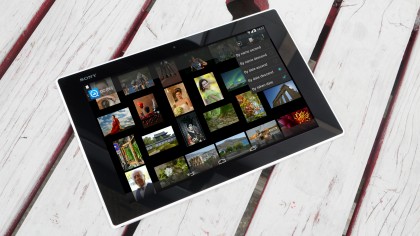
The tablet interface is just as good, and best of all, there's support for almost every image format going – including your entire collection of cat GIFs.
Chrome
Chrome's in-built browser is fantastic if you're constantly hopping between desktop and mobile browsing, but its UI isn't the simplest, and there's always the nagging concern about Google recording your worst internet depravities.
The most straightforward replacement for Chrome is Dolphin browser, a fast-and-light Android that trades Chrome's frills for some serious performance. There's also a gesture option, that lets you create a gesture to launch the browser from anywhere on your phone.
Launcher
Probably the most visual change you can make to an Android phone is to strip it of its default launcher (the program that 'makes' the homescreens and app drawer), and replace it with one of the many third-party options that litter the Play Store.
The best of the lot is Nova, which offers a ton of features in its free version (and a positively overwhelming smorgasbord in the paid-for edition). You get control over icons, colour schemes, transition animations – pretty much anything, although Nova just about strikes the right balance between simplicity and customisation.
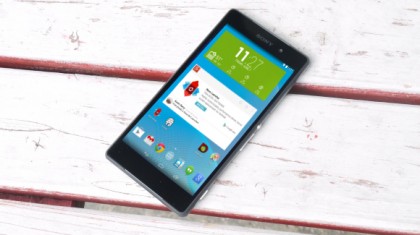
Another standout option, however, is Apex Launcher, which offers nearly the same laundry list of options as Nova. On our test devices, we saw a tiny decrease in performance with Apex over Nova. Although that's arguably balanced out by Apex's superior tablet mode. Either way, both launchers offer a fairly major step up over Google's stock launcher.
Maps
Google's Maps app is hands-down the hardest to replace, because nothing comes close to offering the quality and quantity of mapping info that Google's got on tap. The closest competitior, Apple Maps, is only available on iOS. But if you insist on escaping Eric Schmidt's grasp, MapQuest is probably your best bet.
The app itself is surprisingly good, with a simple UI and a good range of options – it's just the mapping data itself that lets it down, with inaccurate and outdated coverage a major problem. At least it's free.
- Best Android apps: the essential applications you need to download on to your Android device.